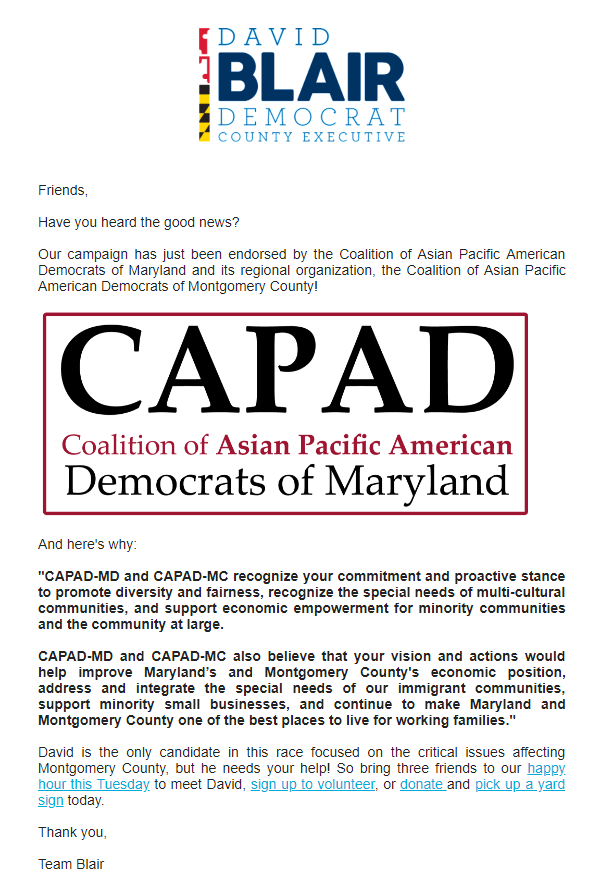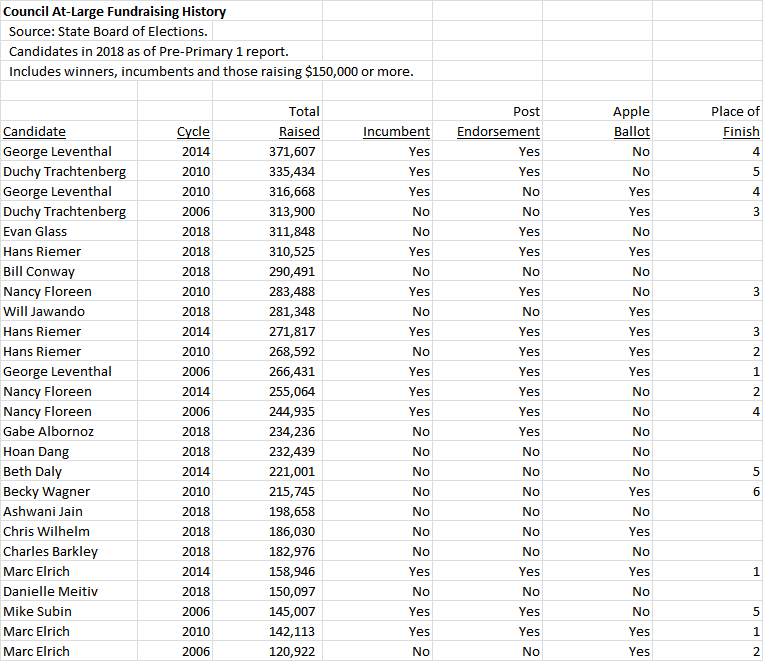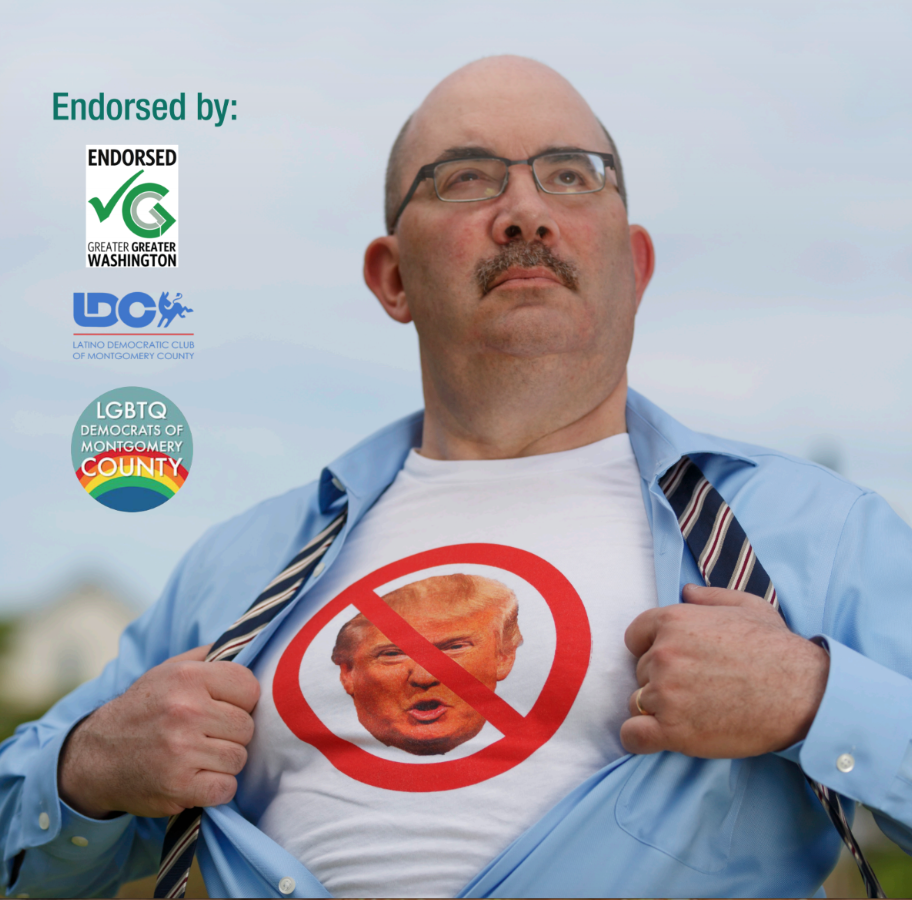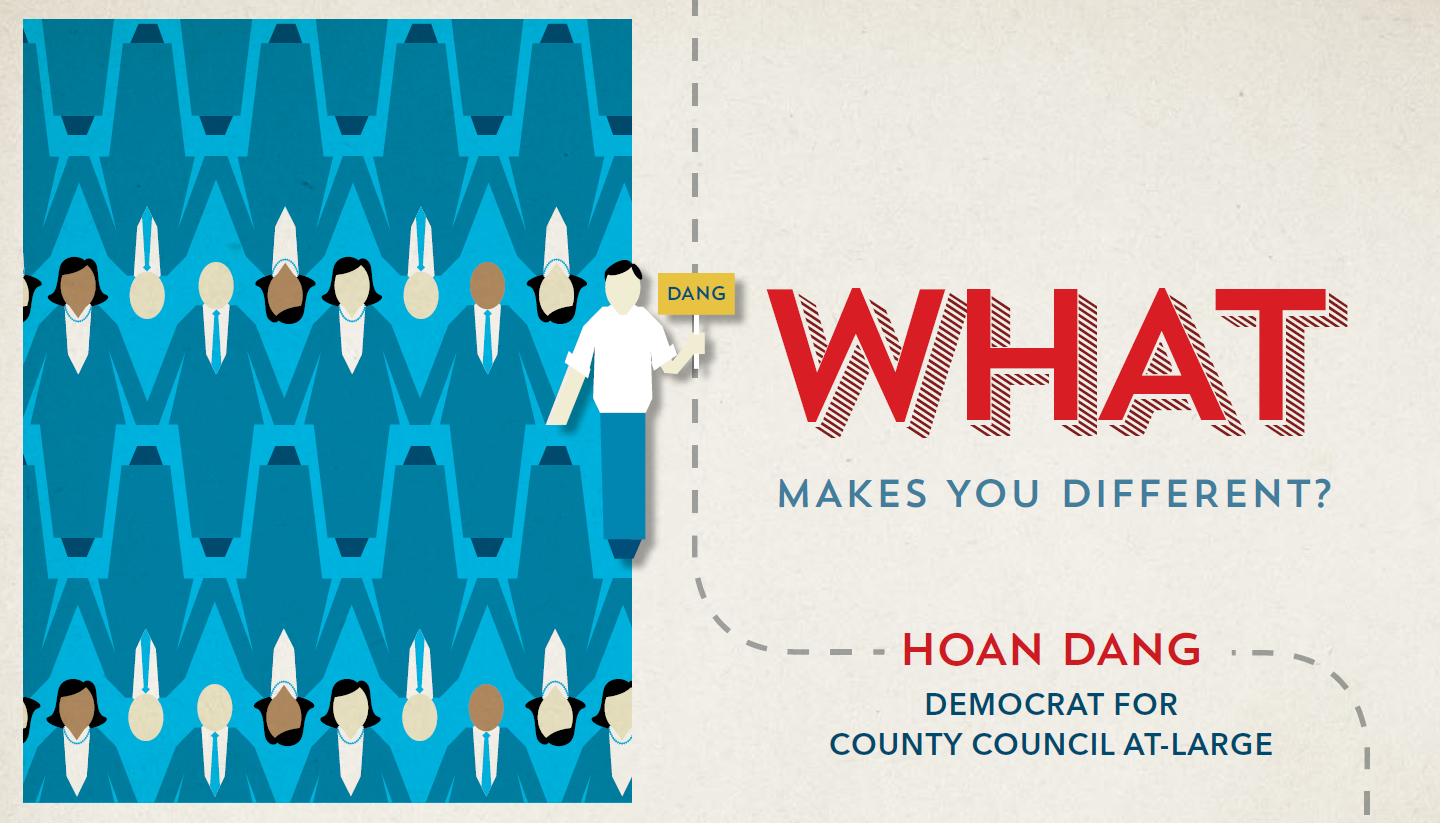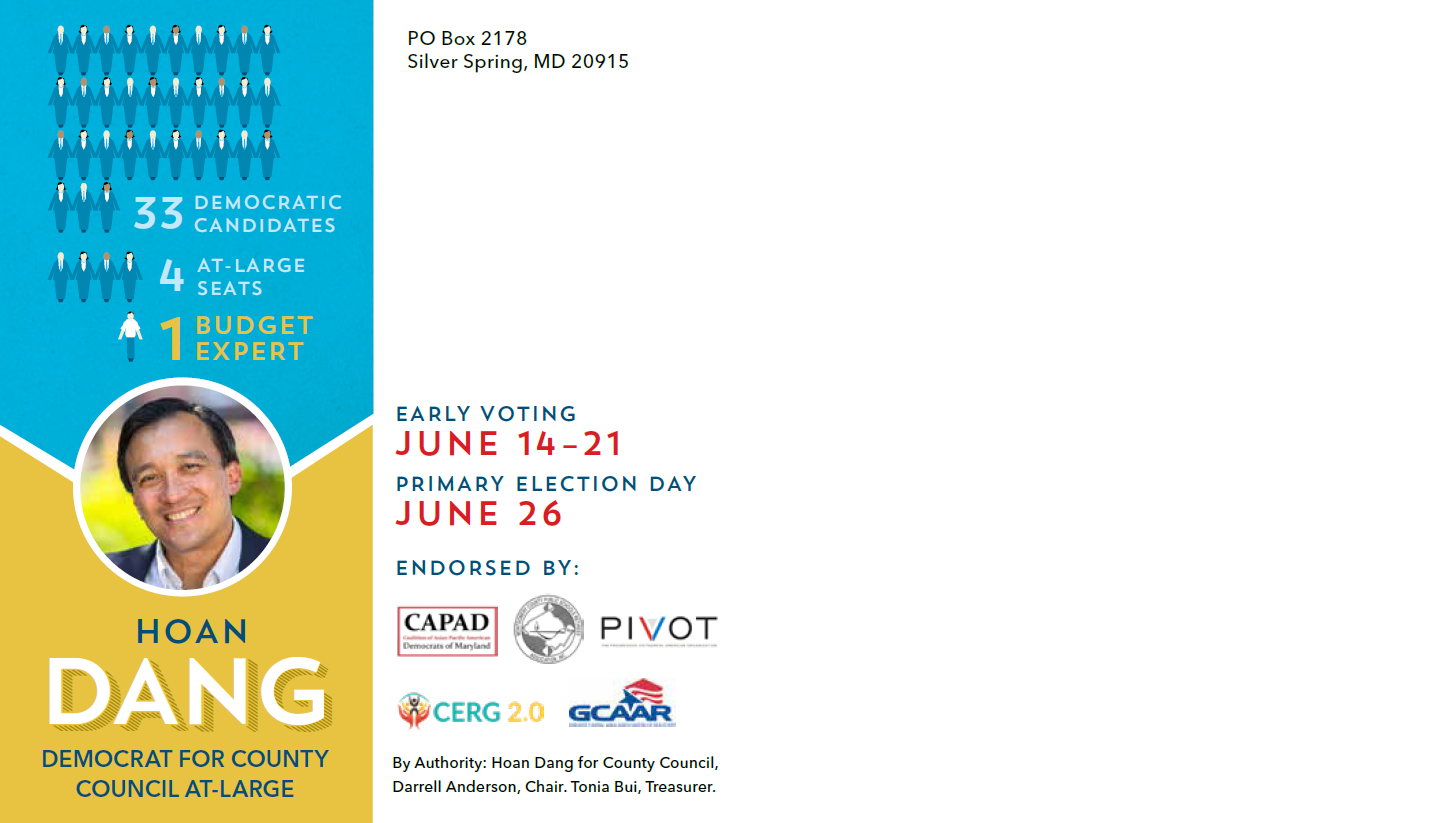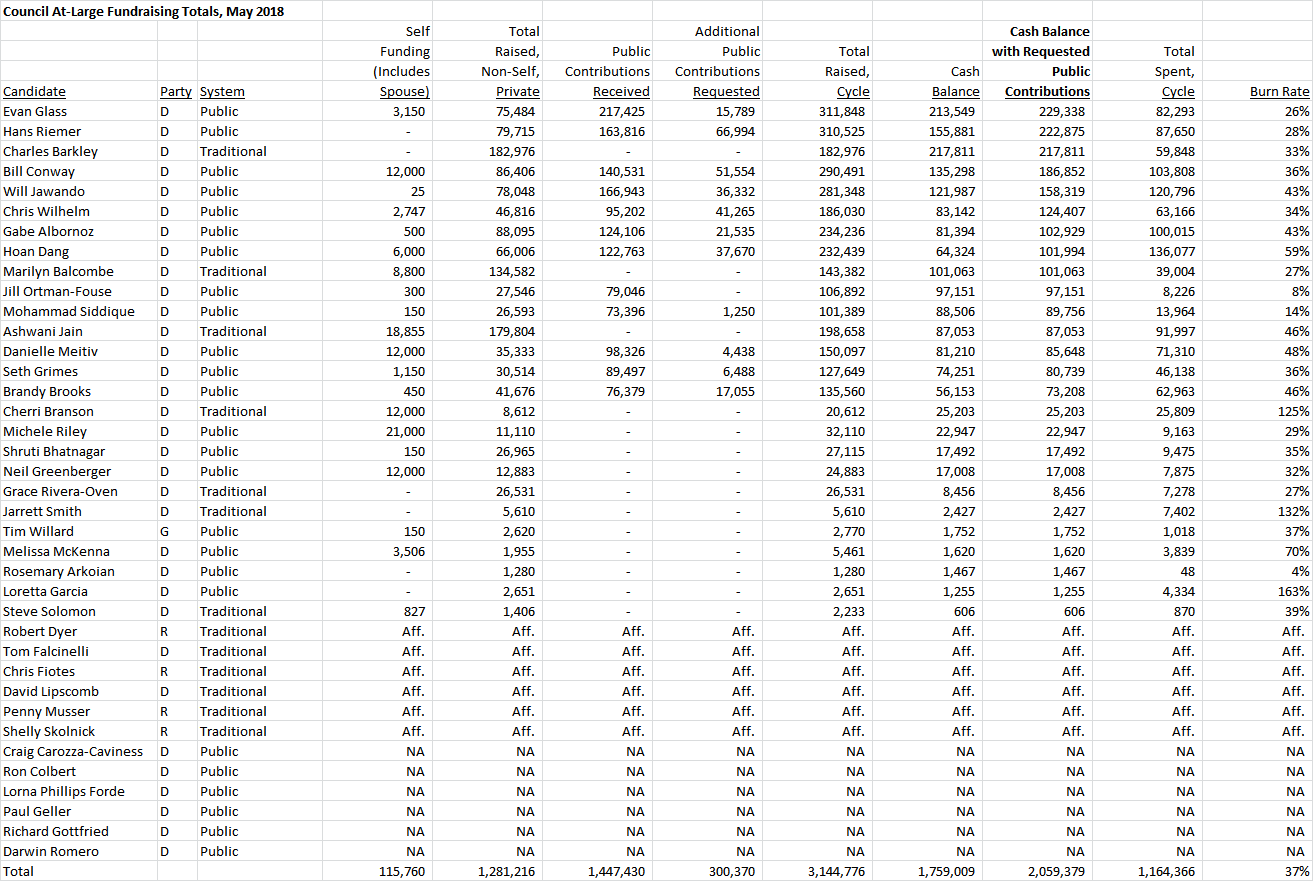It’s a strange day when a straight man takes credit for marriage equality in Maryland but Ben Jealous is that guy.
I’m certainly happy that the NAACP moved to endorse marriage equality on his watch. It was a good decision and showed leadership. But it is a far cry from claiming to be the critical guy who made marriage equality happen.
In debates and on twitter, Jealous and his campaign have repeatedly cited the Baltimore Sun editorial honoring him as Marylander of Year as evidence to back up his claim. Indeed, it’s a generous editorial:
“Maryland is a better state — and ours is a more perfect union — because of Ben Jealous and his commitment to justice, equality, and the dignity of every child’s home,” Governor O’Malley said. “Here in Maryland, he was an indispensable part of repealing the death penalty, passing the Maryland Dream Act, ensuring civil marriage equality and expanding access to voting.”
When it comes to his being “indispensable” on marriage equality, however, Jealous and his campaign have been categorically unable and unwilling to provide any evidence to back up the claims of the editorial.
When the Jealous campaign tweeted a link to the editorial at me, I read it and then asked which legislators’ minds he had changed. The reply is revealing:
 In other words, Jealous cannot identify a single legislator who changed their mind thanks to his efforts. I followed up by asking how many community organizers he had placed on the ground, as he claimed that had made the difference:
In other words, Jealous cannot identify a single legislator who changed their mind thanks to his efforts. I followed up by asking how many community organizers he had placed on the ground, as he claimed that had made the difference:
 Personally, I preferred the Taylor Swift version of his reply. But again, it’s revealing. Rather than answer the hard-hitting question, he attacks the questioner. It takes a certain amount of chutzpah to accuse me of “pride” when he’s the guy claiming to have gotten marriage equality and numerous other legislative initiatives done.
Personally, I preferred the Taylor Swift version of his reply. But again, it’s revealing. Rather than answer the hard-hitting question, he attacks the questioner. It takes a certain amount of chutzpah to accuse me of “pride” when he’s the guy claiming to have gotten marriage equality and numerous other legislative initiatives done.
So ultimately, beyond the editorial and the nice quote from Martin O’Malley of the sort that politicians tend to give when asked about someone receiving an award, we’re left with a whole lot of bupkis for evidence.
As someone who was actively part of Equality Maryland’s legislative lobbying team and Co-President of Equality Maryland during the referendum fight, I have some knowledge on the question. Jealous never showed up at any of the strategy sessions held with key legislators that I attended.
Jealous was certainly never mentioned when it came to recruiting key votes on the issues. Carrie Evans, the Executive Director of Equality Maryland, played a key role in recruiting at least one Republican to a yes vote. Rep. Jamie Raskin, then a state senator, played a similar role in wooing the vote of a colleague on the fence.
Most importantly, I know that Sen. Rich Madaleno, who I support, spent years indefatigably working on this issue long before it was fashionable. As part of a long-term strategy, he built legislative capital and support to get the bill on the floor and passed. So many outsider candidates like to denigrate Annapolis politics, yet how do they think bills become laws and why then are they running for office?
Moreover, Rich Madaleno focused his energies so heavily on raising money for the marriage campaign that his own campaign account was sufficiently low to attract a challenge from deep pocketed Dana Beyer. (I should also mention that Ben Jealous’s running mate, Susie Turnbull, was very active in assisting the effort to win the 2012 referendum.)
None of the leaders of Equality Maryland, or any other incredibly kind and giving people who worked hard on the bill, have ever claimed to have been the key person in getting marriage equality accomplished. While I feel I did my bit, I also know that many were on the scene long before I arrived and also personally saw the self-effacing involvement of many good people.
One example I remember often is that of Del. Ben Barnes. He carried the bill for years in the House before it had a real chance of becoming law. Nevertheless, when asked to step aside for other sponsors in order to help advance the bill, he did so without any hesitation whatsoever. That’s someone who will never get much public credit but deserves it. The late Sen. Gwendolyn Britt similarly sponsored the bill in the Senate until she passed.
I do want to thank two straight African-American men for their incredibly helpful support: President Barack Obama and the late former NAACP President Julian Bond. President Obama’s timely evolution on the issue in advance of his own 2012 reelection bid created a critical and noticeable bump in the polls among African-American voters. When I asked Julian Bond if he’d be willing to appear in pro-marriage ads (he had the office next door to me at AU), he said yes immediately. I’ve also never seen anyone look so embarrassed when I thanked him in his office just before I got legally married.
Back to pride for a moment. If Ben Jealous wants to spout quotes on pride at me, he might think on another one before claiming credit for being the critical person in a long-term effort of someone else’s civil rights movement: “Pride goeth before a fall.”

